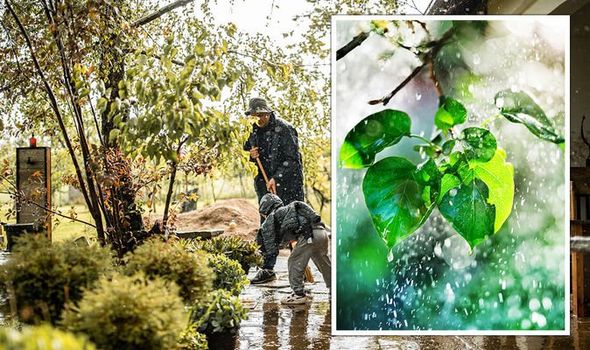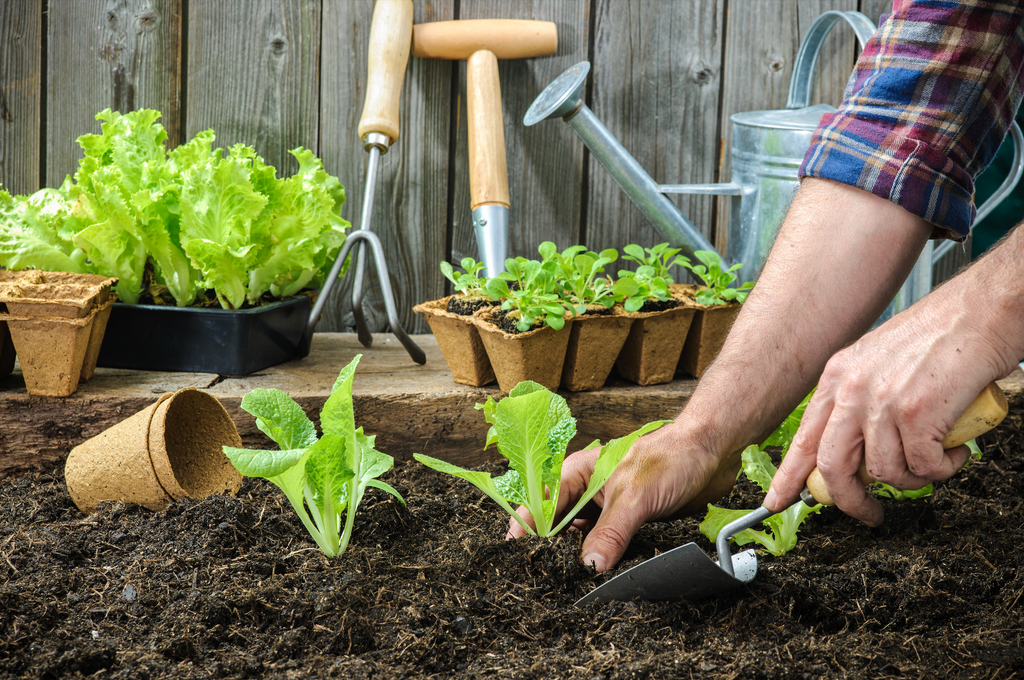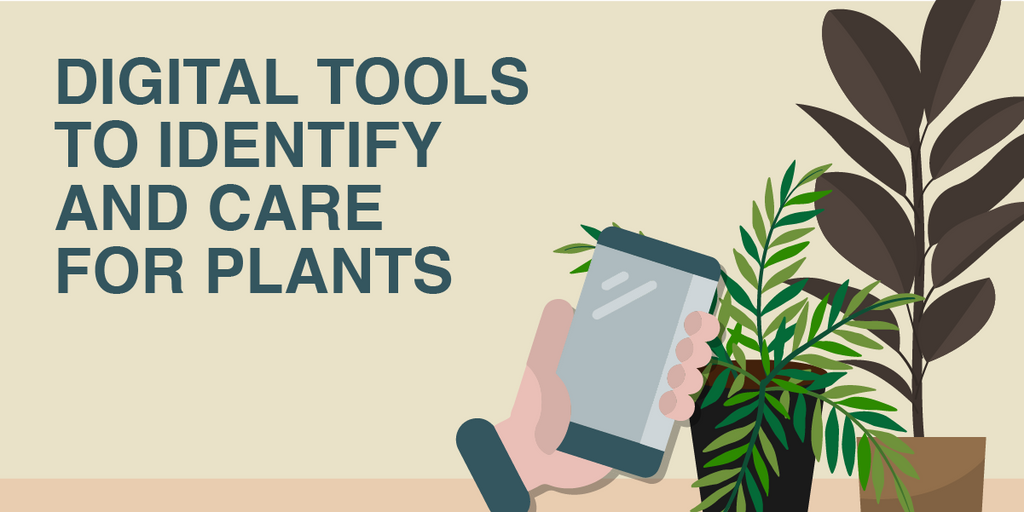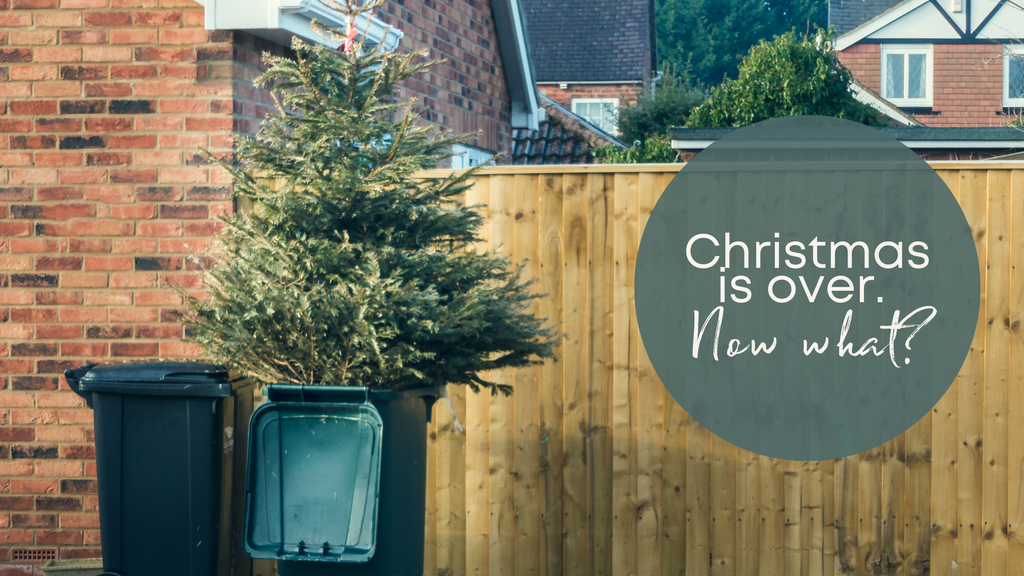
National Children’s Gardening Week: Your FUN guide!


From valuable life skills to just plain fun, encouraging children to take part in gardening activities has endless benefits for both you and your family. Every part of gardening with kids proffers multiple chances to bond, learn and promote both physical and mental health.
In celebration of National Children's Gardening Week from 28th May to 5th June, we provide food for thought on just how important this awareness week can be.
Besides the obvious golden opportunity to create an exciting environment away from technology and screens, gardening for children can actually make kids smarter and healthier. In the last couple of years, interest in gardening for kids has doubled, with related Google searches on the rise. These are just some of the benefits of cultivating a family garden lifestyle, right from toddler stage:
A dose of adventure
Children relish the opportunity to get a little grubby, so getting hands-on with soil is a fun activity for them. Instead of playing adventure games on their devices, encourage real adventure and fun exercises outside.
While you dig, rake, weed or plant, start by sending them on errands to get the watering can, fetch your gloves or bring out the seeds. Start a competition between siblings as to who can get the biggest pile of weeds and leaves in the compost area or who can find the longest worm in the soil.
Cultivate quiet time by having them watch the plants in the garden grow. Although real growth will only be observed day to day, you'd be surprised how their innate curiosity about nature will drive them to sit for a while, just observing. Perhaps they'd like to play music for the plants. Studies show that jazz and some classical music appears to help plants grow faster.
The National Children’s Gardening Week website has a delightful bunch of ideas for parents, grandparents and teachers to create fun garden projects. These activities include creating:
- A mini pond
- A fairy garden
- A snail racetrack
- A treasure hunt
- A homemade sun-catcher
- A pinecone bird feeder
- A hedgehog hut
- A painted mural on your garden fence
- A bulb lasagne
- Flower pressing
They also run a school competition each year – this time it's a grass caterpillar growing contest!
A physical health boost
There's a lot of completed and ongoing research on the physical health benefits of gardening for kids. Apart from the fun, the activities help their bodies fend off future bacteria infections and obesity. Children who are exposed to microorganisms in soil have a stronger immune system. You'll find that studies have revealed that coming into regular contact with soil, animals, pests and bacteria do more good than harm, making children less likely to develop autoimmune disorders and allergies.
Perhaps the most obvious benefit is the physical activity while working and playing in the garden. It involves muscles that don't always get exercised. We need only look to our own experience of being sore the day after working in the garden – even for the most seasoned gym-goer!
Stretching, bending, digging, lifting, pulling and raking means children are getting their necessary exercise and exposure to Vitamin D. Do remember the sunscreen!
A mental health boost
Exercise encourages the release of endorphins which lift our mood and make us feel more productive. Physical activity aside, sunshine can trigger the release of mood-stabilising serotonin and natural daylight can also stimulate melatonin. Coupled with fresh air, that means better quality sleep and recovery for both you and your kids.
Growing their own plants and vegetables can also be very satisfying for children – giving them a self-esteem boost.
Besides the fun and activity, a garden also provides a place for the children to have some calm and peaceful time, meaning less stress.
Five a day, in a fun way
Children will generally eat anything they grow – even if it’s green. Once digging up what they've grown, curiosity gets the better of them and they want to taste it.
Studies show that a child who grows fruits and vegetables in the garden is more likely to eat them, even developing a taste preference for fresh produce over other foods. What a great way to kick off a lifetime of healthy eating and the willingness to try something new! Kids get to learn what their food looked like before it reached their plates – and what went into growing, picking, storing, preparing, and even composting the waste back into the garden.
A teaching moment
Speaking of learning, recent research shows that students who had gardening experiences as part of their school curriculum did better on standardised science tests than students who were not exposed to gardening in school.
Gardening is full of science. Children learn about plant classification, weather, seasons, soil, pollination, and plant pests and disease. They are introduced to botany in a natural, hands-on way, and learn from experience.
Teaching tips: Use some maths to figure out how many seeds are needed and how far apart to plant them. How many scoops of bird seed to put in the feeder? Experiment with science to understand what different plants need to grow.
Cognitive development
Gardening is fantastic for sensory development. Encourage little ones to explore their senses. How does the soil feel? What do the flowers smell like? What can you see on the bird feeder? What can you hear by those flowers? What does that fruit taste like? And later on: Naming colours of fruits and flowers, smelling herbs, feeling the texture of petals, identifying the buzzing of bees, and tasting their own-grown plants.
Activities like planting seeds also promote fine motor development. Task them with helping in the garden by picking up tiny seeds to plant and pulling out weeds.
Character-building life skills
Gardening strengthens emotional and interpersonal skills. Children who garden learn patience, perseverance, and how to deal with disappointment if the garden doesn’t grow the way they expected. It encourages responsibility, through the lesson that the plants depend on them to help them grow. Gardening teaches kids to problem-solve, and later to research independently.
Connecting with nature
Gardening connects children with nature, teaching them more about the environment. When children garden, they gain ownership in what they are cultivating. It provides the understanding that they need to appreciate their environment more.
Family moments
Gardening helps relieve stress for the whole family and create memories. With little cost and planning, it's an easy activity that allows you to spend time together. Sow the seeds of a garden with your child today, and see them reap the benefits for a lifetime.
Kid-friendly gardening products
To help you along, UCS Fresh Garden has plenty of imaginative garden goodies to buy online and have delivered to your door:
Fun Rainforest Animals Collection - Three differently-shaped child-friendly Origami plant pots with rainforest animals.
The Heimgart Microgreen Starter Kit - Your own indoor superfood-garden without the need for soil.
Heimgart Microgreen Seed Pad - Individual seed pads for use with the Heimgart Microgreen Starter Kit. Order a mix of any variety.
Trio of organic aromatic herbs
SeedCell® Gift Boxes - Plantable pods filled with seeds, perfect for young budding gardeners. There are a number of options to choose from:
SeedCell® Pizza Toppings Gift Box - Basil, tomato, rocket and bell pepper seeds.
SeedCell® Vegetable Patch Gift Box - Pumpkin, broccoli, courgette and squash seeds.
SeedCell® Salad Patch Gift Box - Cucumber, tomato, rocket and lettuce seeds.
SeedCell® Herb Garden Gift Box - Basil, coriander, parsley and rocket seeds.
SeedCell® Singles - Simply select the variety and quantity of each that you require.
Fun Houseplant Pot Covers to delight - Adorable plant pot covers printed in your choice of Blue Jays, Woodpeckers, Bull Finches, Robins, Rabbits or Hedgehogs.
Our "Ideal for Kids" range of seeds:







